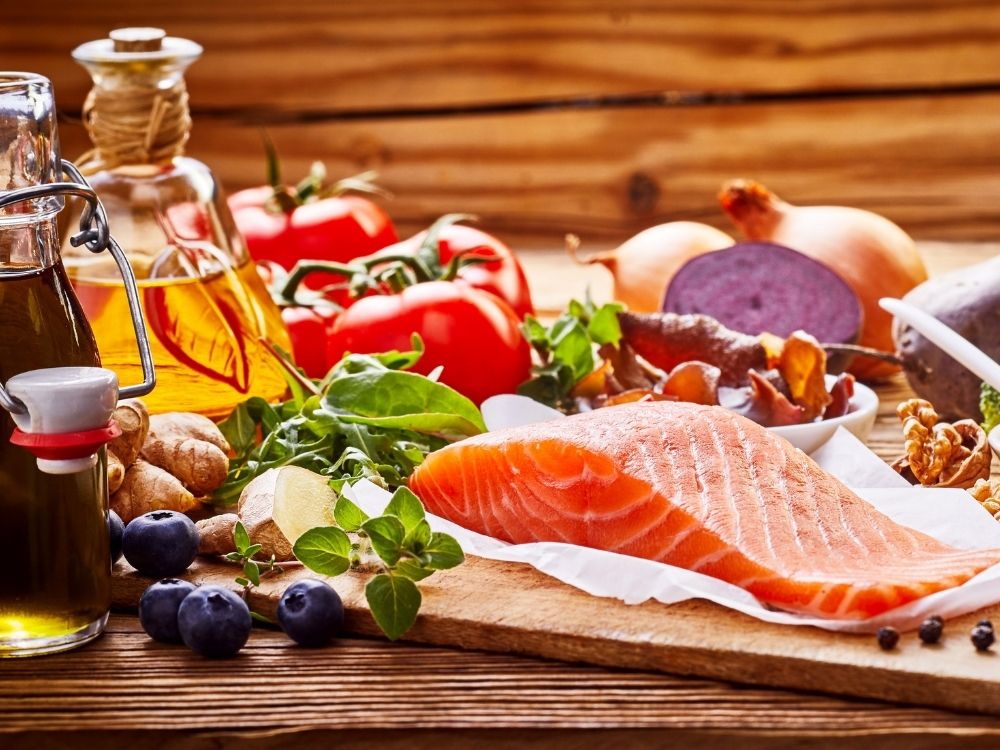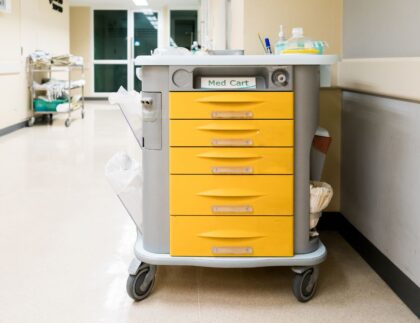
Protein
Protein is the very foundation of the human body, comprising structures from your muscles to your skin and all the cells in your body. Protein also forms the antibodies and hormones in your system, which properly regulate your physical growth and mood. Without protein, your body would lose muscle mass, and your hormone regulation would be thrown out of order.
Good Sources of Protein
- Red meats
- Soy
- Nuts
- Dairy products
- Beans
- Fish
Carbohydrates
People typically view carbohydrates in a negative light, but they’re some of the essential nutrients that your body needs. After carbohydrates are digested and absorbed into your bloodstream, they become the main fuel source of your body.
Be Careful of the Carbohydrates You Eat
They’re necessary, but not all carbohydrates are equally healthy for you. Stick with fresh fruits, vegetables, and whole grains that have no added sugar in them, as sugar offers no additional health benefits.
Water
Your body will shut down without water—arguably the most important nutrient for survival. Staying hydrated with water facilitates waste removal and temperature regulation and keeps every cell functioning properly.
Don’t Substitute Other Liquids
Water is an essential part of any diet, so don’t cut down on it in favor of other liquids. Our bodies have evolved to function on water, and replacing it with drinks that contain other chemicals and artificial faculties will interrupt the natural processes of the body.
Fats
Like carbohydrates, fats are also seen as harmful to the body than helpful, but that’s far from the truth. Certain fats—such as trans fats and saturated fats—are unhealthy and should be avoided, but monounsaturated and polyunsaturated fats are necessary for the body.
Have a Well-Rounded Diet
Don’t neglect any of the essential nutrients when planning your diet. They all serve important functions in the management of your body, and depriving yourself of any of them can have unhealthy ramifications.











